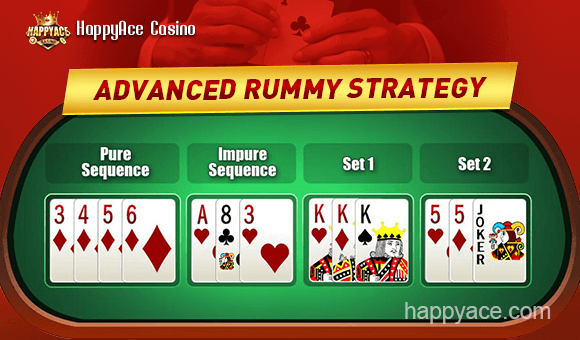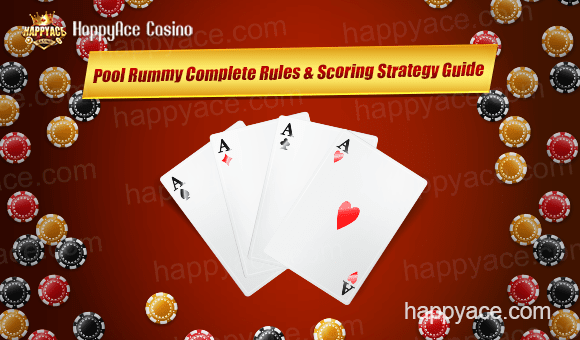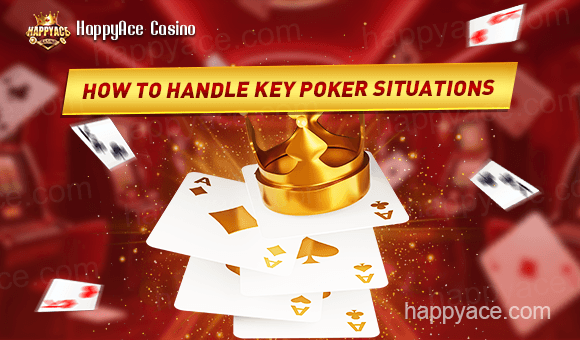
Basic Card Rules
1. Deck: A standard deck of cards consists of 52 cards, including 4 suits (hearts, diamonds, clubs, and spades) and 12 cards in each suit (Ace to King).
2. Card Values: Each card has a point value:
- Numbered cards (2-10) are worth their face value.
- Face cards (Jack, Queen, King) are worth 10 points.
- Ace can be worth either 1 or 11 points, depending on the game.
Here are some popular card games that are great for beginners:
1. Go Fish: A classic card game that's easy to learn and plays with 2-6 players. Each player takes turns asking other players for specific cards, and the player with the most pairs at the end wins.
- Each player is dealt 5-7 cards.
- The remaining cards are placed face down in a pile.
- Players take turns asking each other for specific cards.
- If a player gets a card they asked for, they get to keep it. If not, they must go fishing (take a card from the pile).
- The goal is to collect sets of four cards of the same rank.
- Each player is dealt with an equal number of cards.
- The remaining cards are placed face down in a pile.
- Players take turns placing cards in a face-up pile.
- When a Jack is played, the first player to slap the pile gets to keep it. If two players slap at the same time, the player who slapped first gets to keep the pile.
- The goal is to collect all the cards.
4. Rummy: A popular card game that's easy to learn and plays with 2-6 players. Players take turns laying down sets and runs of cards, and the first player to get rid of all their cards wins.
5. Old Maid: A simple card game that's great for kids. Players take turns drawing cards and try to avoid getting stuck with the "Old Maid" card, which is a card that doesn't match any of the other cards.
6. Hearts: A trick-taking game that's great for beginners. Players take turns playing cards in a specific order, and the goal is to avoid taking tricks that have hearts in them.
7. Spades: Another trick-taking game that's easy to learn and plays with 2-6 players. Players bid on how many tricks they think they can take, and then try to take that many tricks.
These games are all great for beginners because they:
- Have simple rules
- Don't require complex strategy
- Are easy to learn and play
- Are fun for kids and adults alike!
- The goal is to collect all the cards.











